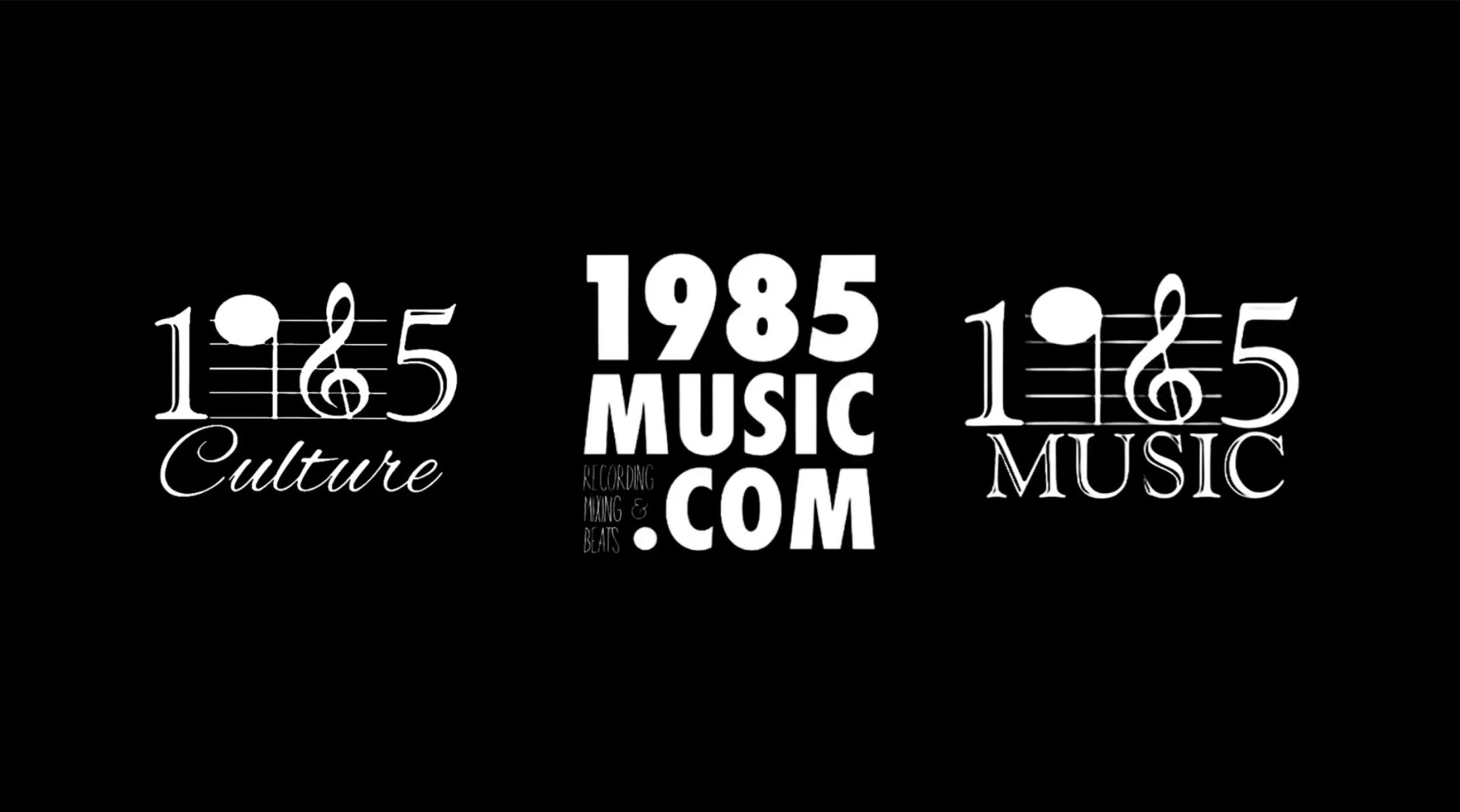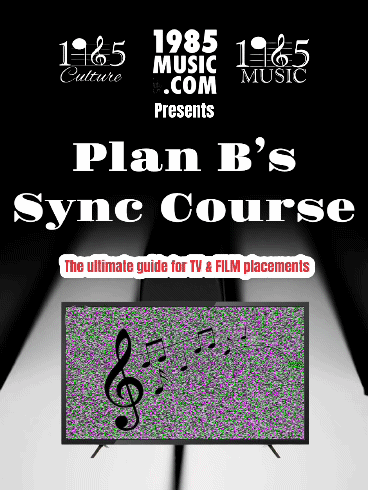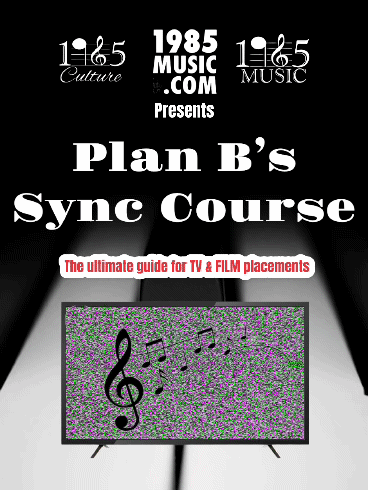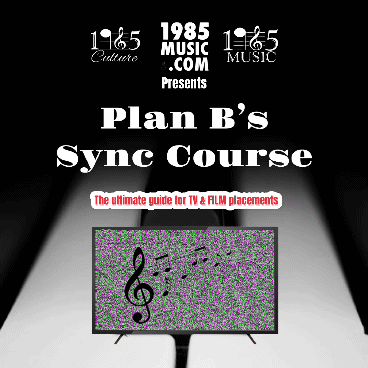Where do I start…
Around fall of 2014 my wife and I bounced around NYC attending every networking event we thought might be beneficial. I think that was one of the first years I met everybody and I mean damn near everybody in music/entertainment in NYC. One night we made our way to the NY Advertising, Film and TV Music Mixer. We were able to connect with a few people from the Orchard and other music licensing and publishing companies. As we were about to leave I struck up a conversation with a young man who worked for a small licensing company at the time called Flavor Lab/ Producers Toolbox. He told me a bit about what they do and the success they’ve had with placing music in tv and film projects. He gave me his card and told me to send him some music. Prior to this I had no knowledge of music licensing and the benefits there of. Of course I went home and did my Googles on everything involving music licensing, music supervisors and music production catalogs. With the info I gathered I reached out to my contact to see what we could do. After learning more about the company I was informed that their music catalog only had about 700 tracks and they were in desperate need of hip hop/r&b tracks. At that time I had a little less than 500 tracks in my personal catalogue so this opportunity was shaping up to work out in my favor.
Now let’s talk business. There are mainly only two different agreement options that licensing companies offer, exclusive and non-exclusive. The main difference is simple, with an exclusive agreement you grant the company the right to pitch and place your music exclusively for the term of your agreement, meaning you can’t have another company pitch or place that music anywhere else during the term.The non-exclusive route gives you the option to exploit your music on your terms and pitch and place wherever you want. So you’re able to make money with the company and elsewhere. There are other terms that are negotiable as well as far as the writing and publishing rights of the music. Some companies want to split the publishing and others want all of it. In my case I was able to maintain control of the writer’s share of my music, but under this agreement they retain 100% of the publishing. Outside of the upfront sync fee(s) that I would receive, ASCAP, the performing rights organization I was with at the time, would be responsible for paying me whenever there was a public performance of the track. You’re probably saying to yourself “this fool gave up his publishing?”. Only for this particular deal though, because in the music licensing game this is standard practice, which I had to learn. Companies like Disney, WarnerMedia, and Viacom maintain control of the publishing of a majority of the music that is created for their shows and films.
Now back to the my deal, after some back and forth I locked in a 2-year non-exclusive agreement with the company. When I first got started I submitted 100 hip hop and r&b instrumentals, of that 75 were accepted into their catalog and placed months after. My first tv placement was on the MTV show “Off The Bat” that featured Fat Joe and few other celebrities talking about various MLB (Major League Baseball) topics. Soon after, I got placements on shows like Guy Code, Girl Code, Catfish and more. As time went on I would get emails about opportunities where I could create and sell tracks directly to networks that were building their own music catalogs (I retain the writer’s share of those tracks as well). Some of those same beats are still getting placed and generating a good little passive income for me to this day.
After some time I was getting more tv placements than I could keep up with. I got introduced to a platform called Tunesat, which tracks music in real-time specifically in tv. Some of my most used tracks I’m able to keep track of via this platform. This is how I was able to track beats that I sold to networks that ended up on VH1’s Basketball Wives and Black Ink Crew Chicago. Most recently a few tracks of mine were accepted by CBS Sports to be used for some promos in this upcoming 2019-2020 NCAA/NFL season. Meanwhile I was able to find other music catalogs to submit my music with even better terms, maintaining control of all of my rights including writer’s share, publishing and masters. I would just split the sync fee, which is ideal.
Now this journey has had its downs. Some time ago I got an email from one of the companies I partner with saying the music supervisor for the STARZ show “POWER”, Jen Ross, wanted to use an old song I created back in 2016 for an episode in their 6th season. About 2 weeks later I was told the scene that would’ve included my song was deleted from the episode. Talk about bad news but you can’t catch them all.
Needless to say, it’s important to network and develop relationships with music supervisors and music licensing reps companies. If you’re a person like myself who has a library of instrumental music in various genres, you might want to get that music off your hard drive and start pitching.
Check out my course below. I'll give you all my secrets on how I navigate the Sync world.
Brandon “Plan B ‘85” Ross
Music producer, mix engineer





